Why are podcasters moving to Bluesky?
Share episode links in posts, interact with fans, increase your reach

Justin Jackson
I started podcasting in 2012, recording episodes in my basement. Like most creators, I used Twitter, LinkedIn, and Facebook to share new episodes and connect with listeners.
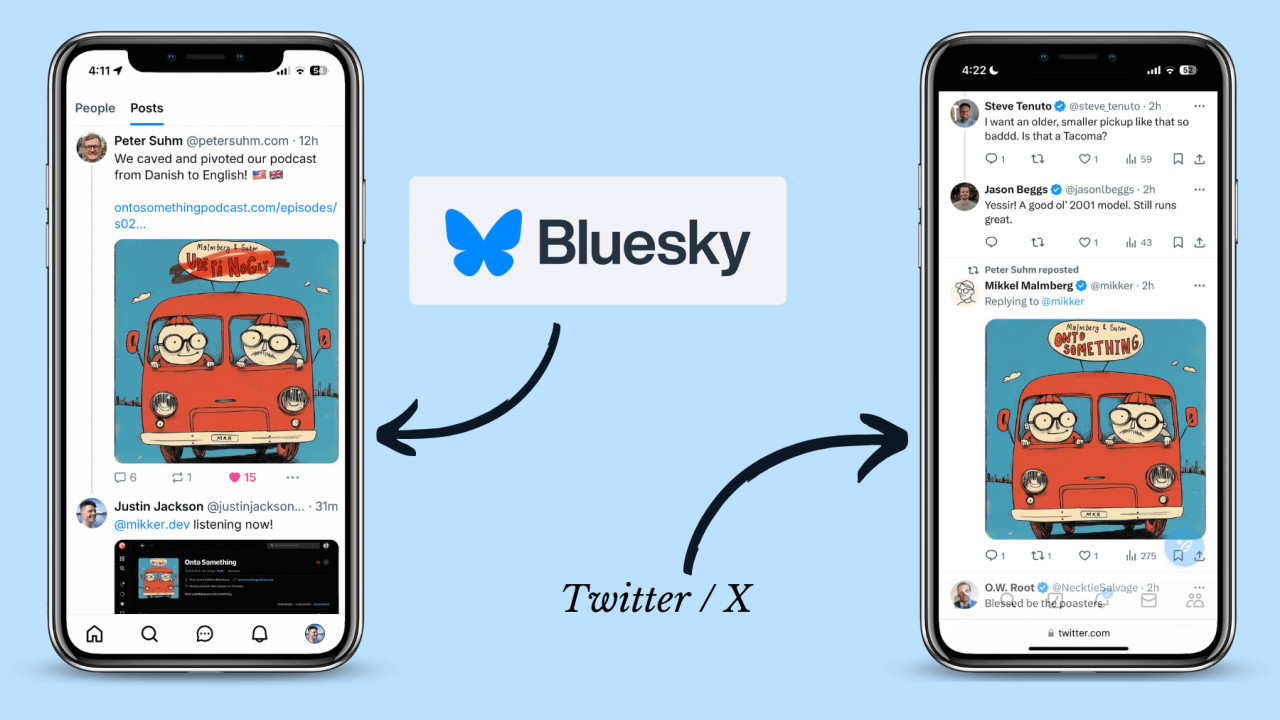
But these days it feels like getting any organic reach on social platforms is impossible. Podcast fans no longer see a feed filled with updates from their favorite creators: now posts with links are deprioritized, feeds are clogged with ads, and trolls dominate the replies.
That's why Bluesky's recent momentum feels like such a breath of fresh air. In the last month, I've seen hundreds of podcasters and creators make the switch. When I ask them why, they all say something similar: 'It feels like early Twitter – but better.
What is Bluesky?
In 2019, under the leadership of then-CEO Jack Dorsey, Twitter initiated Bluesky as an internal project to explore decentralized social media solutions. The objective was to develop a platform that would empower users with greater control over their data and interactions, serving as an alternative to centralized platforms like Twitter.
In that sense, Bluesky was deliberately designed to be a Twitter clone. If you've used Twitter, everything will feel familiar.
Why Bluesky is having its moment
There's real momentum building on Bluesky. When I tried it a year ago, it felt empty; today, it feels alive. Millions of people (including many podcast creators and fans) have been joining every week.
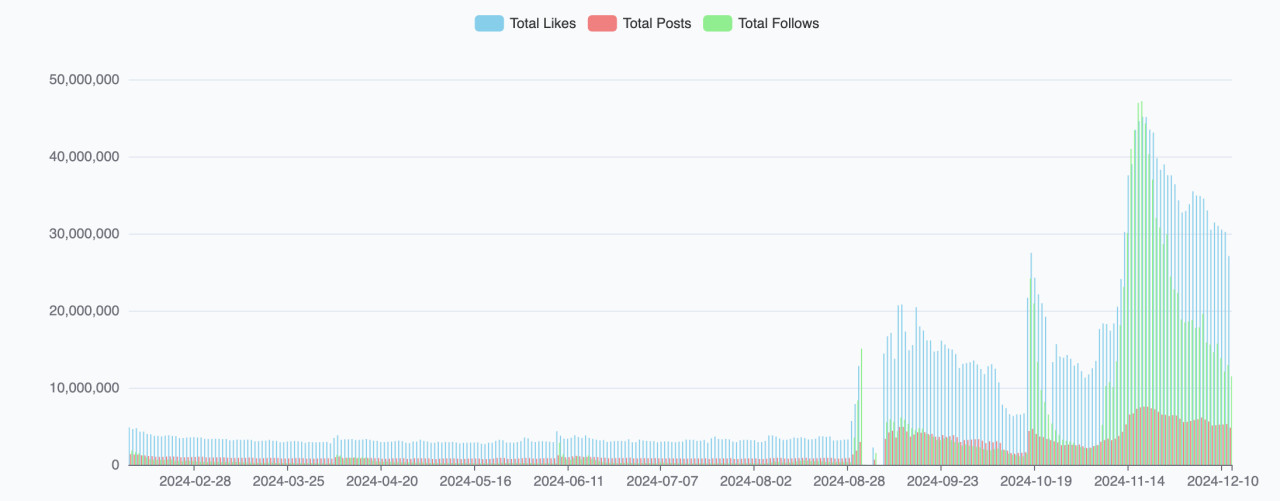
It's nice to be on a social media platform where people are actually just posting about the things they like and having fun." – Josh Wood, Founderquest
Why podcast creators are switching to Bluesky:
1. It feels alive and fun again
Remember when social media was about hanging out and sharing cool stuff? That's what Bluesky feels like right now. The interactions feel genuine and less performative. It reminds me of how Twitter felt in 2010-2012, before algorithms rewarded engagement farming.
2. Better interactions and engagement
Engagement on most social platforms has gone downhill. On Bluesky, I regularly get meaningful replies and conversations with fellow creators and podcast listeners.
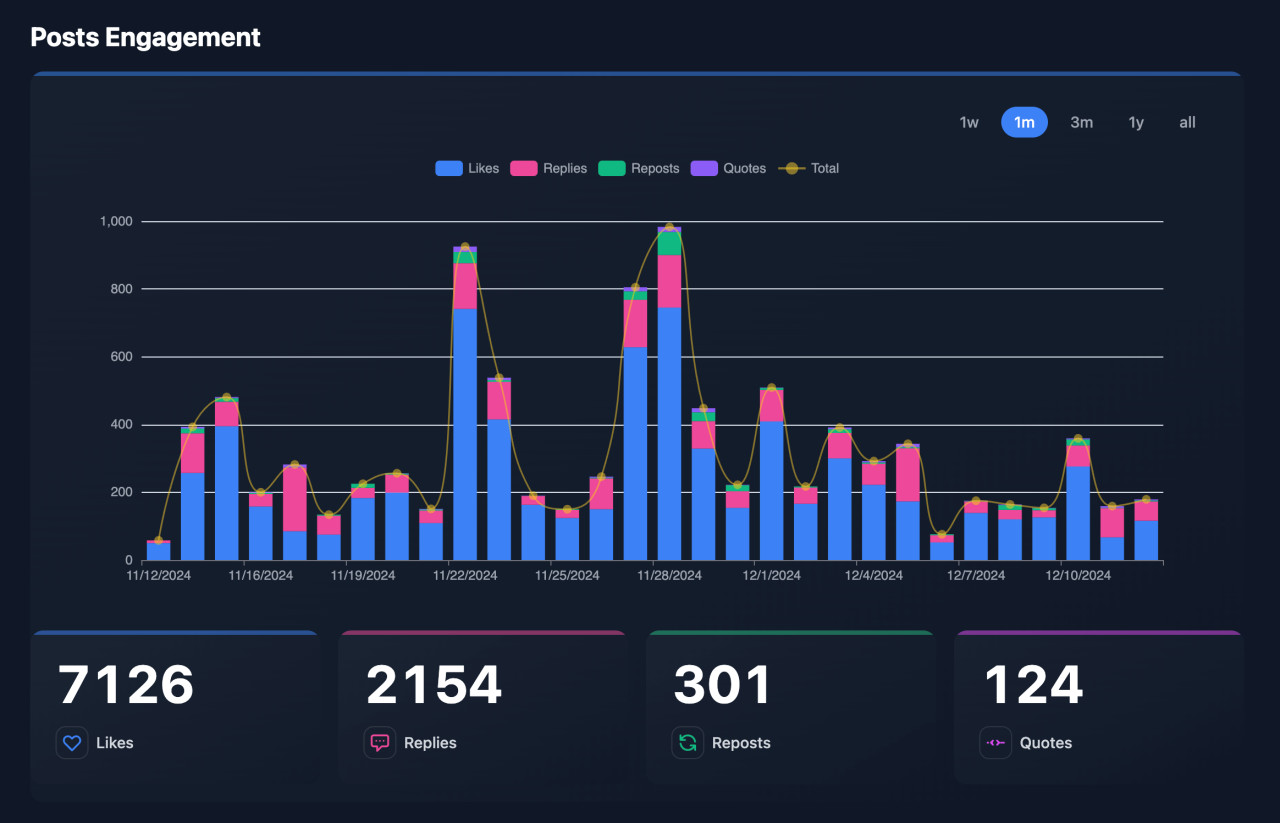
There's no algorithmic suppression of links, so when you share your podcast episodes, they'll actually reach your audience.
3. Starter Packs
Joining a new social network can feel like walking into an empty room. You have to manually search for people to follow, hoping to find the right accounts in your niche.
Bluesky's "Starter Packs" feature solves this problem. They're curated lists of accounts that you can follow with a single click. Think of them like playlists, but for people.
For example, here I've created a "Podcast People" Starter Pack:
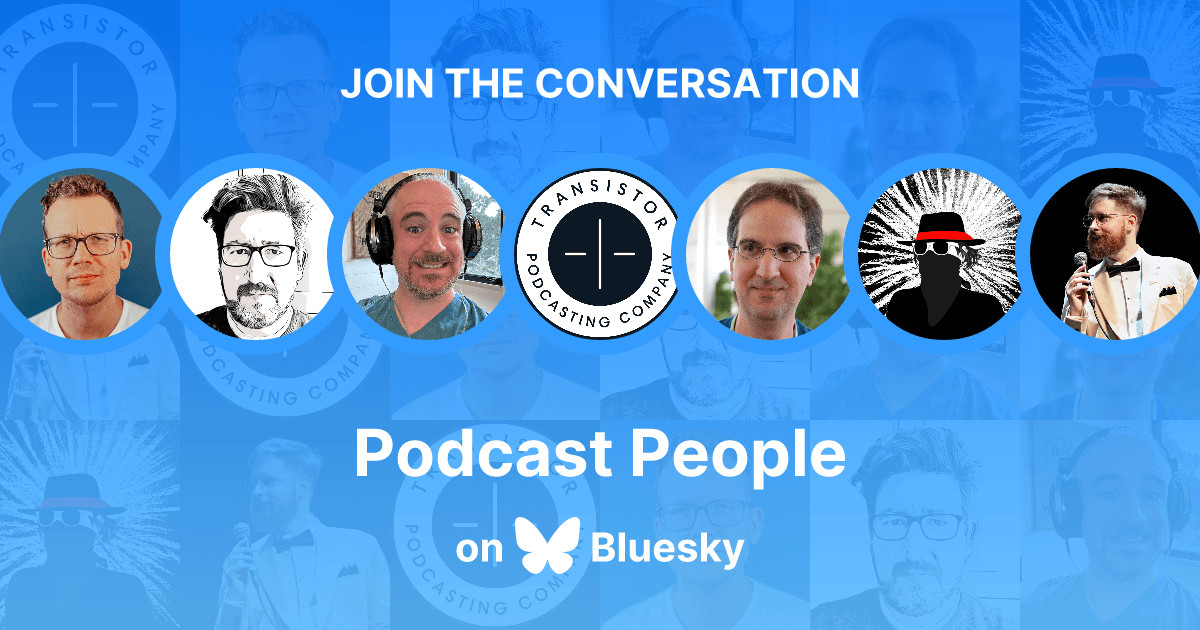
When new users discover this pack, they can instantly follow everyone in it. This creates a virtuous cycle: new people join, they find great accounts to follow, and the community grows stronger.
4. No algorithm to please
You can post links without them being suppressed. You can be weird and real. There's no pressure to "perform for the algorithm." This is especially important for podcasters who want to share their episodes and connect with listeners.
5. Better experience, less cruft
Most social networks (Facebook, Twitter) start off very clean and minimal, and gradually accumulate more and more cruft:
Ads in the sidebar and in the feed
"What's trending" in the sidebar
Additional menus and features
For the moment, Bluesky has a clean, focused interface (let's hope it stays that way!).
6. Developer-friendly platform
What made early Twitter fun was devs building cool stuff on top of it. That's happening now on Bluesky. People are building all sorts of interesting tools and integrations. Here are some of my favorite apps:
deck.blue - A TweetDeck-style interface for managing multiple accounts and monitoring engagement
BlueView - Track engagement and analyze your audience growth
Bluesky Counter – Generates charts of your follower growth
SkyFeed - Create custom feeds to track podcast-related conversations
Getting started on Bluesky as a podcaster
It's pretty easy to get started:
Fill out your profile (be sure to link to your podcast!)
Post a welcome message
Follow some starter packs (I've created one for [podcasters and audio creators here])
Pro tip: Use your podcast's domain as your handle
One of the coolest features of Bluesky is that you can use your own domain as your username. For example, our podcast hosting platform's handle is @transistor.fm.
This allows you to build brand recognition and verify your identity at the same time.
James Cridland has written a good guide on how to set this up.
Right now is the perfect time to build an audience
Because of Bluesky's explosive growth (they've been adding over a million users per day over the last 4-5 days) and the platform's "Starter Packs" feature, active users are gaining followers rapidly.
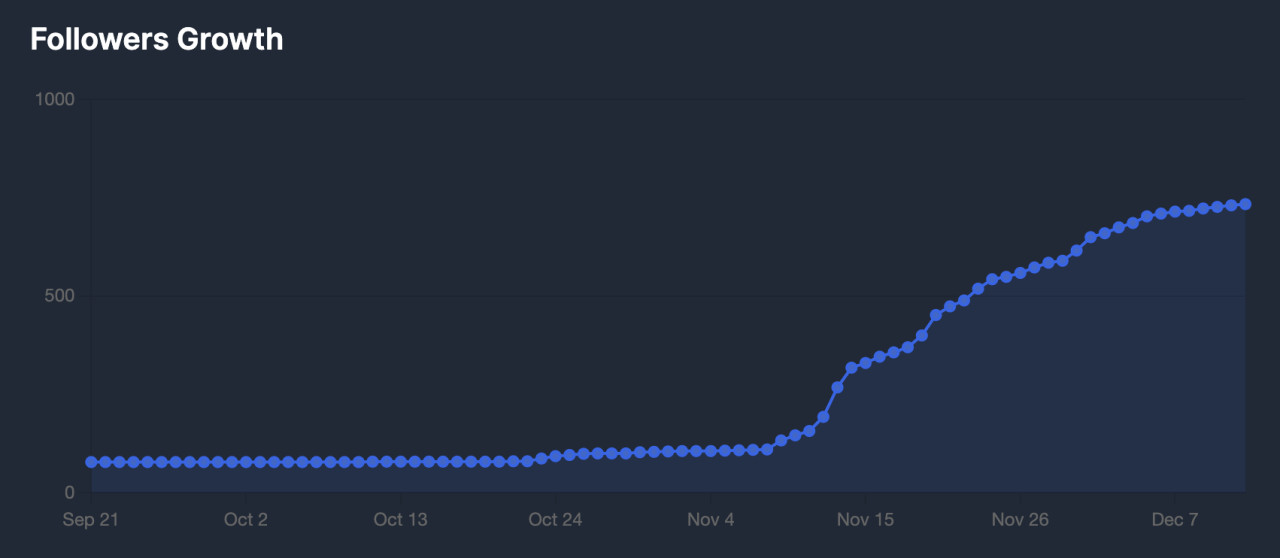
Podcast fans and creators on Bluesky are hungry for something different. They're actively seeking genuine interactions. This creates a perfect opportunity for podcast creators to build an engaged audience.
Looking ahead
For podcasters looking to build authentic connections with their audience, Bluesky represents a fresh start. Share clips from your podcast. Ask questions. Engage with your listeners. The platform rewards genuine interaction over manufactured engagement.
Have you made the switch to Bluesky yet? Find us there - we would love to connect!
Cheers,
Justin Jackson
@transistor.fm